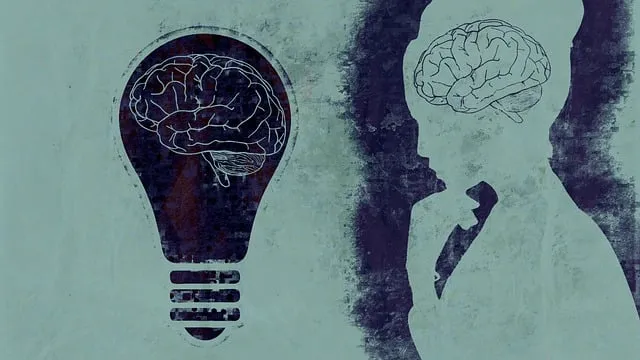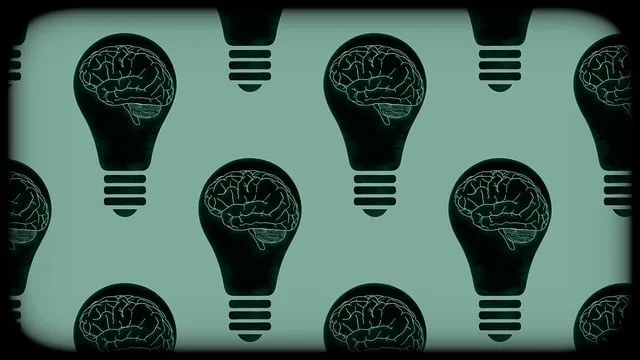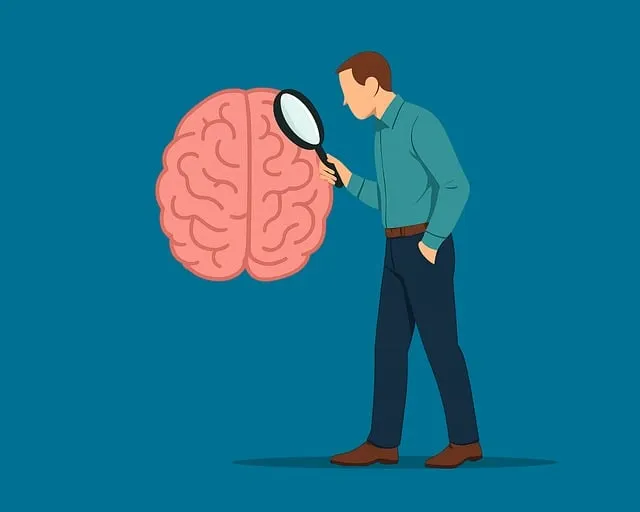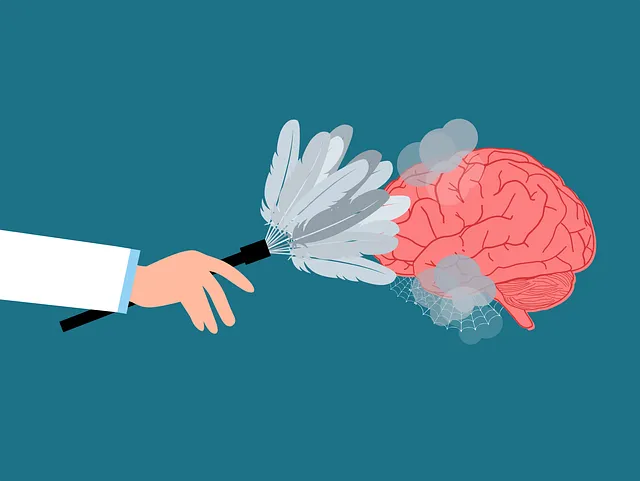The Kaiser Permanente behavioral health center in Lafayette recognizes the profound impact of media on public perception of mental illness. They advocate for responsible representation, aiming to reduce stigma and improve support through accurate, empathetic media portrayals. By offering programs focused on inner strength, emotional well-being, and education, the center strives to create a compassionate community better equipped to understand and assist those with mental health challenges, including healthcare provider burnout. They lead efforts to challenge harmful stereotypes and promote nuanced depictions of mental illness, fostering a supportive environment for individuals seeking services at their center.
Mental illness representation in media significantly influences public perception and understanding of these conditions. This article explores the impact of media portrayal, focusing on insights from the Kaiser Permanente Lafayette Behavioral Health Center. We uncover unchallenged stereotypes in popular media that contribute to stigma and offer strategies for positive change. By promoting accurate and diverse mental illness representation, communities like Kaiser Permanente Lafayette aim to foster greater empathy, reduce stigma, and enhance support systems.
- Understanding the Impact of Media Portrayal on Mental Health Perception: The Kaiser Permanente Lafayette Behavioral Health Center Perspective
- Unchallenged Stereotypes: Identifying Harmful Depictions of Mental Illness in Popular Media
- Empowering Positive Change: Strategies to Enhance Mental Illness Representation and Support from the Community
Understanding the Impact of Media Portrayal on Mental Health Perception: The Kaiser Permanente Lafayette Behavioral Health Center Perspective

The media’s portrayal of mental illness significantly influences public perceptions and attitudes, which can have profound effects on those living with these conditions. Kaiser Permanente Lafayette Behavioral Health Center recognizes this impact and understands that media representation plays a crucial role in shaping societal views. Accurate and empathetic portrayals can reduce stigma and foster a more supportive environment for individuals seeking help for their mental health. Conversely, negative or misinformed media coverage risks exacerbating the challenges faced by those dealing with mental illness, such as burnout among healthcare providers.
The center advocates for responsible media representation and promotes strategies to combat the societal stigma surrounding mental health. This includes initiatives focused on inner strength development and emotional well-being promotion techniques for both individuals and healthcare providers. By addressing these issues through education and support, Kaiser Permanente Lafayette Behavioral Health Center aims to create a more understanding and compassionate society that better equips people to recognize and offer aid when needed.
Unchallenged Stereotypes: Identifying Harmful Depictions of Mental Illness in Popular Media

In popular media, mental illness is often depicted through unchallenged stereotypes that perpetuate harmful myths. These portrayals can range from dramatic and sensationalized to subtle yet inaccurate representations, shaping public understanding and attitudes towards those living with mental health conditions. For instance, many movies and TV shows portray individuals with severe psychiatric disorders as violent or unpredictable, failing to capture the diverse spectrum of mental illness experiences. Such depictions not only contribute to stigma but also hinder empathy and understanding among viewers, including potential users of Kaiser Permanente behavioral health center Lafayette services.
To address these issues, it’s crucial to identify and challenge harmful media narratives. This involves promoting more nuanced and realistic portrayals that reflect the resilience and diverse journeys of individuals with mental illness. Initiatives like Resilience Building programs, Social Skills Training, and Mental Health Education Programs Design can empower both media creators and audiences by fostering a deeper understanding of mental health challenges. By engaging in open conversations and advocating for accurate representation, we can work towards a more inclusive and supportive society that respects the experiences of those living with mental illness.
Empowering Positive Change: Strategies to Enhance Mental Illness Representation and Support from the Community
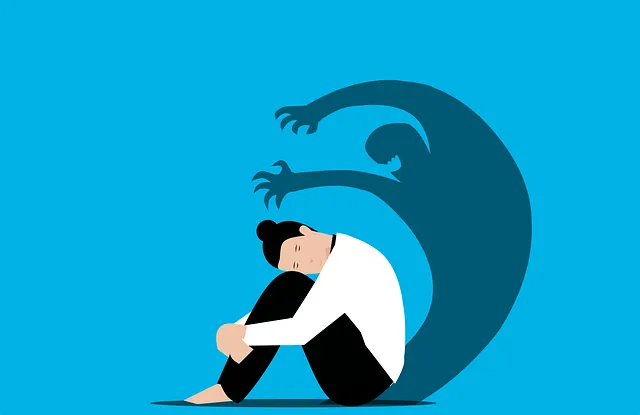
Empowering positive change in mental illness representation requires a collective effort involving media, healthcare providers, and community members. Organizations like the Kaiser Permanente behavioral health center in Lafayette are at the forefront of this movement, advocating for accurate and compassionate portrayals of mental health struggles. By integrating coping skills development and mental wellness coaching programs, these centers empower individuals to take charge of their mental wellness journeys.
This strategy extends beyond individual treatment; it fosters community support by educating the public on risk management planning for mental health professionals and demystifying various mental health conditions. Such initiatives not only promote early intervention but also encourage individuals to seek help without fear of stigma or judgment, ultimately enhancing overall mental wellness within communities.
The representation of mental illness in media plays a significant role in shaping public perception, often influencing how society understands and supports those dealing with these conditions. As highlighted by the Kaiser Permanente Lafayette Behavioral Health Center, media portrayals can either perpetuate harmful stereotypes or foster empathy and understanding. By identifying and challenging negative depictions, we can create a more accurate and compassionate narrative. Implementing strategies to promote diverse and authentic representations of mental health in popular media is essential, encouraging positive change and fostering supportive communities for all individuals, regardless of their mental health status.
